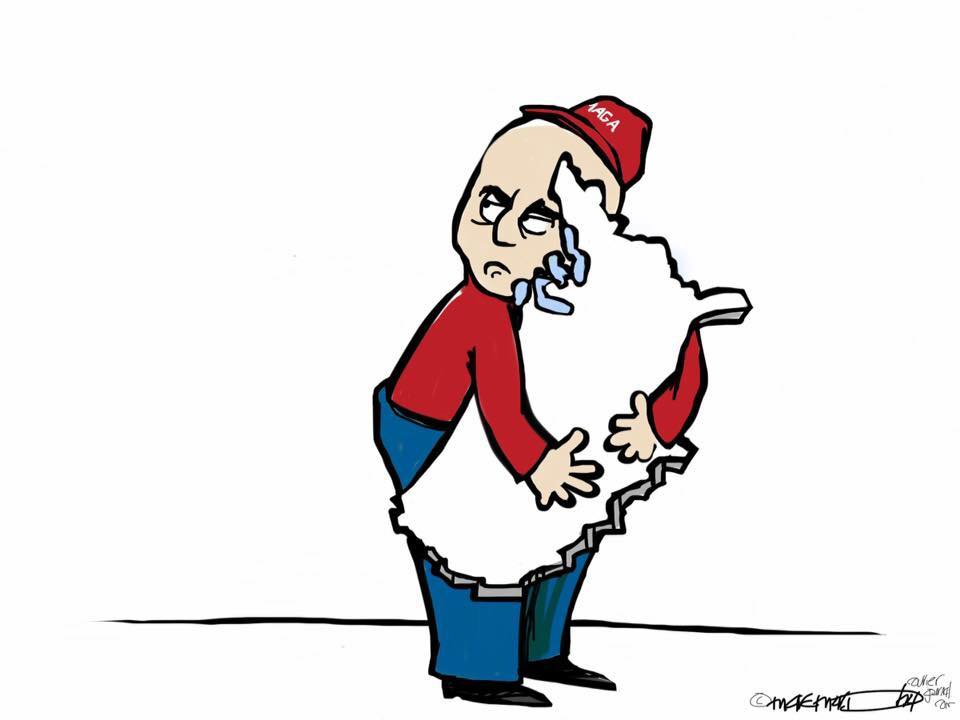
Who is the possessor in bad faith? How about the possessor in good faith? Read here: WHO IS A POSSESSOR IN GOOD FAITH?
-
A possessor in bad faith is someone who is aware that there exists in his title or mode of acquisition any flaw which invalidates it
-
An allegation that a possessor is in bad faith is not presumed
-
A possessor in bad faith shall reimburse the benefits received and those which the legitimate possessor could have received
Mistakes are a fact of life. It is the response to the error that counts. That is according to Nikki Giovanni.
In a previous article, a possessor in good faith was discussed. This time, let us take the opposite: a possessor in badAfaith.
Who is a possessor in bad faith?
The law says:
A person is deemed a possessor in bad faith if he is aware that there exists in his title or mode of acquisition any flaw which invalidates it. In other words, a possessor in bad faith is a person who has knowledge that the right he is enjoying or the thing he is holding is not really his and may be taken away from him by the real owner.
For a better understanding, let us take the case of Pen Development Corporation and Las Brisas Resort Corporation vs. Martinez Leyba, Inc., G.R. No. 211845, August 9, 2017.
In this case, Martinez noticed that a construction of Las Brisas’ fence seemed to encroach on its titled land. Upon verification by surveyors, Martinez was informed that the fence of Las Brisas overlaps its property. For this reason, Martinez sent a letter and succeeding several letters to Las Brisas informing the latter of the said encroachment and requested Las Brisas to refrain from further intruding on its property.
Las Brisas did not respond to any of Martinez’s letters and continued developing its land. This constrained Martinez to seek the aid of the court by filing a case against Las Brisas. Las Brisas denied that it encroached on Martinez’ land and that it constructed the Las Brisas Resort Complex within the land covered by their TCT and that it took possession of the land in good faith.
Is Las Brisas a possessor in bad faith?
The Supreme Court says:
Yes.
Initially, Las Brisas was considered to be a possessor in good faith as it previously bought the land from the Republic Bank as a foreclosed property. However, such good faith ceased when he was informed, on several times, by Martinez about his title or claim over the same land. Las Brisas chose to ignore the letters and proceeded to build the structures on the land despite such notice.
Las Brisas became a possessor in bad faith from the moment it became aware of defects in its title. Furthermore, the subsequent acts of Las Brisas are evidence of bad faith. Las Brisas chose to repeatedly ignore the letters received from Martinez. Neither did Las Brisas bother to have its property surveyed in order to discover, for its own benefit, the actual boundaries of its land.
Also, it is doctrinal in land registration law that possession of titled property adverse to the registered owner is necessarily tainted with bad faith. Thus, Las Brisas proceeding with the construction works on the overlapped portions of land despite knowledge of Martinez’s ownership puts Las Brisas in bad faith.
As a result, Las Brisas is not entitled to reimbursement for necessary expenses. Indeed, the law says the builder or possessor in bad faith is entitled to reimbursement for the necessary expenses for the preservation of the land. However, in this case, Martinez’s land was not preserved; Las Brisas’ construction and use of the land in fact caused damage. Martinez did not in any way benefit from Las Brisas’ occupation of its land.
Alburo Alburo and Associates Law Offices specializes in business law and labor law consulting. For inquiries, you may reach us at info@alburolaw.com, or dial us at (02)7745-4391/0917-5772207.
All rights reserved.
SUBSCRIBE NOW FOR MORE LEGAL UPDATES!
[email-subscribers-form id=”4″]


